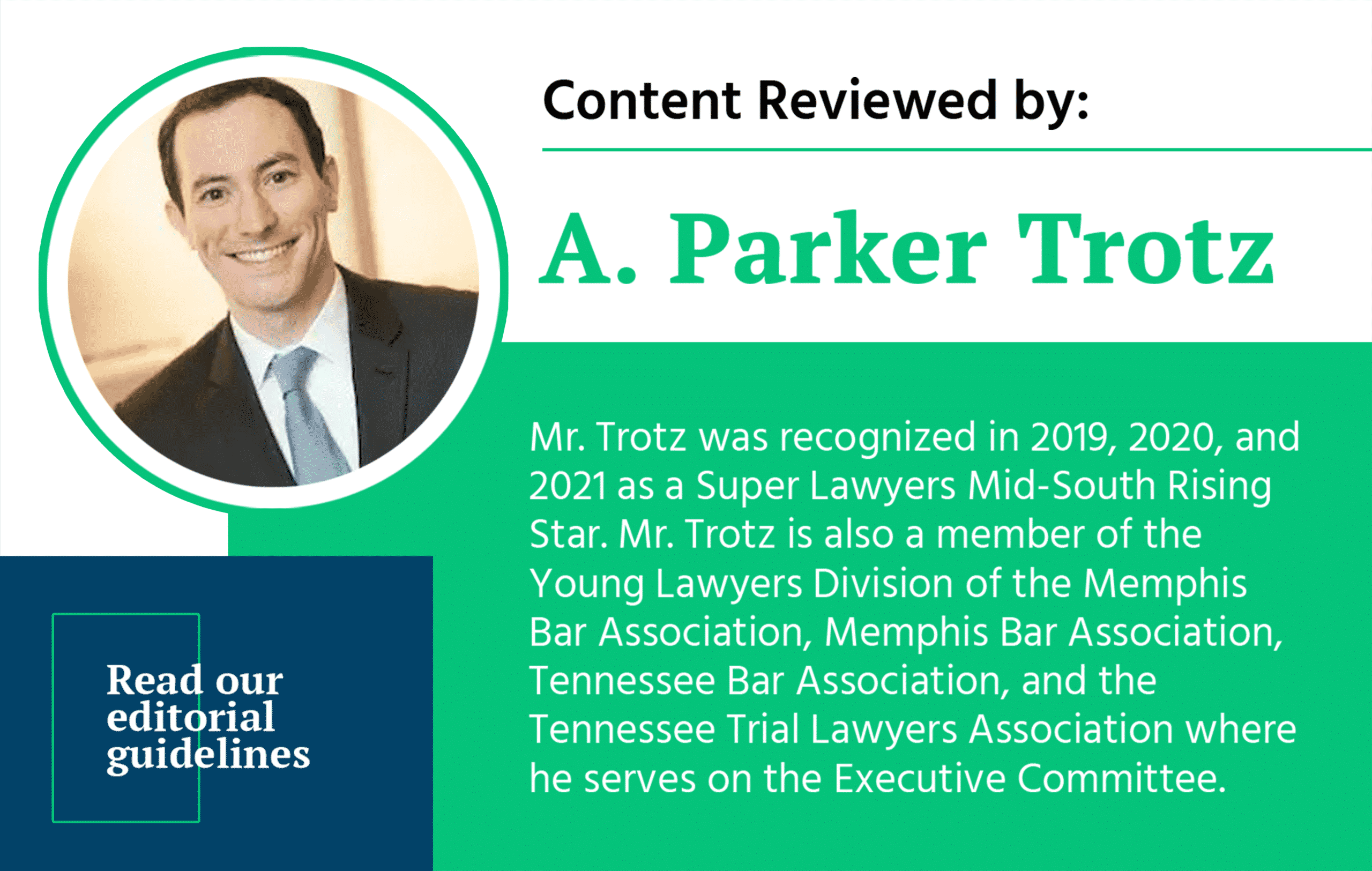Home » Memphis Personal Injury Lawyers » Memphis Medical Malpractice Lawyers
Memphis Medical Malpractice Lawyers
Memphis Attorneys Assisting Victims of Health Care Negligence
When you go to the doctor, you trust that you will be appropriately diagnosed and treated. Unfortunately, doctors and nurses do make mistakes, and these mistakes have the potential to seriously injure or even kill the patients who trust them. This area of the law tends to be complex and technical, so it is important to consult injury attorneys who work with credible and knowledgeable medical experts to evaluate your case. At the largest personal injury law firm based in Tennessee, the Memphis medical malpractice lawyers at Nahon, Saharovich & Trotz bring over 30 years of experience to their representation of victims throughout Tennessee, Arkansas, Mississippi, Kentucky, and Missouri.
Bringing a Medical Malpractice Claim
In order to recover damages for medical malpractice, you will need to establish that your health care provider breached the standard of care while diagnosing or treating you. The standard of care in these cases comprises the accepted practices and procedures of the medical community in the same geographic area when treating patients with a similar medical history. The standard of care may depend on how old the patient is, their gender, the community where the negligence occurred, and any other medical conditions that they may have, among other factors.
You will need to establish that a breach of the standard of care caused your injuries. For example, if a surgeon leaves a sponge inside a body cavity while operating, this may cause you to suffer further injuries and result in a need for corrective surgery. On the other hand, a doctor may have failed to diagnose a serious illness in time to prevent it from advancing to a more dangerous or lethal stage.
The expert witness whom a plaintiff retains will play a crucial role in the lawsuit. Under Tennessee’s Medical Malpractice Act, the expert must testify as to the recognized standard of acceptable actions and omissions within the relevant profession and specialty at the time of the wrongful act. The expert needs to be licensed to practice in the state or a contiguous bordering state, and if a specialty is involved, it must be a specialty that makes the expert’s testimony relevant. For example, in a birth injury case, it may be necessary to retain as an expert a board-certified obstetrician to explain why your obstetrician’s actions during labor failed to meet the standard of care. Further, under recent changes in Tennessee law, expert review of medical reports is required before suit may be filed against any medical provider.
Each state has its own rules regarding statutes of limitations and caps on malpractice damages. Generally, however, there is a short window of time within which to bring your claim, and the statute of limitations starts running either from the date of your injury or the date on which you should reasonably have been aware of medical negligence.
Discuss Your Case with a Medical Malpractice Lawyer in Memphis or Beyond
If you have been harmed by the negligence of a health care provider, the Memphis medical malpractice attorneys at Nahon, Saharovich & Trotz can represent you in a lawsuit. Our firm regularly takes cases to trial and has recovered over $1.5 billion in settlements and verdicts. We represent injured people in Memphis, Nashville, Knoxville, Chattanooga, Jonesboro, Little Rock, Jackson, Meridian, Tupelo, Columbus, Grenada, Starkville, Oxford, Hayti, and Caruthersville, among other areas of Tennessee, Arkansas, Mississippi, Kentucky, and Missouri. Contact our office toll-free by calling 800-529-4004 or by submitting our online form for a free consultation. We also assist people who need a nursing home negligence attorney or representation in other personal injury claims. Once you have discussed your situation with us, you will be convinced that NST is the way to go.
Memphis Office
Nahon, Saharovich & Trotz Personal Injury Attorneys
488 S. Mendenhall Road
Memphis, TN 38117
Phone: 901-683-7000
Hours Available: Call 24/7

